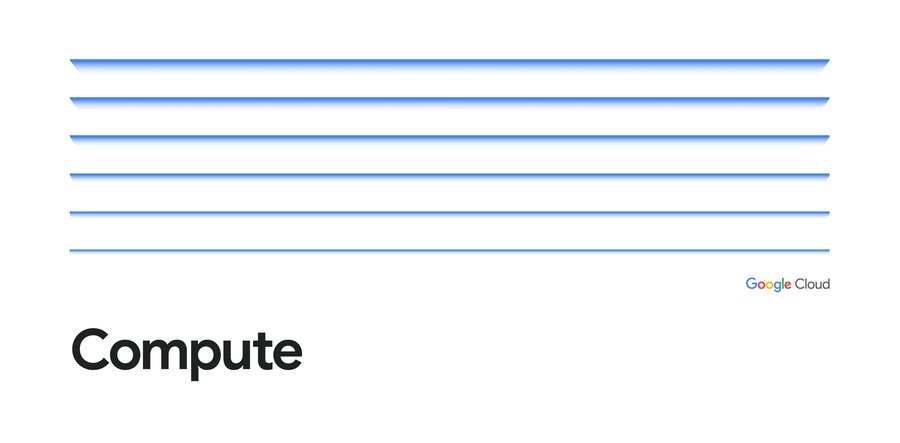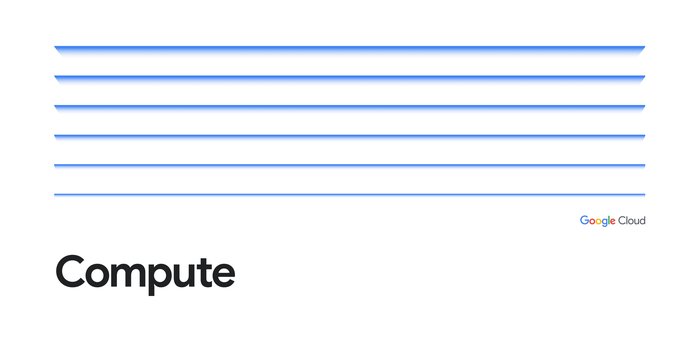Introducing H3 compute-optimized VMs for high performance computing (HPC)
Garv Sawhney
Group Product Manager
Bill Magro
Director & Chief Technologist, High Performance Computing, Google
October 9, 2023: The H3 series is now generally available.
High performance computing (HPC) helps power discovery and bring products to market fast, across a wide range of applications, including scientific computing, engineering simulation, climate modeling, financial risk analysis, drug discovery, and more. HPC users are increasingly adopting Google Cloud to access the computing resources they need, when they need them, to explore more scenarios and help to accelerate time to insight. To further support our customers and advance our commitment to delivering workload-optimized infrastructure, we are excited to launch our new H3 Virtual Machine Series focused on HPC. The H3 series is our first machine series designed specifically for HPC workloads.
Based on Intel’s 4th generation Xeon platform (Sapphire Rapids), H3 VM instances deliver higher performance and lower cost to HPC users. H3 offers up to 3x improvement in per-node performance, improved scalability for multi-node workloads, and up to 2x better price performance, compared to the prior generation C2 instances (based on Intel Cascade Lake). These improvements can enable HPC users to accelerate their research and development, while reducing their costs. H3 is now available in public preview for Compute Engine and Google Kubernetes Engine (GKE) users and offers 88 cores (SMT disabled) and 352 GB memory to support a broad array of HPC workloads.
Purpose-built HPC VM machine series
H3 enhances our portfolio of offerings for HPC customers and extends the power of Intel’s 4th generation Xeon platform to HPC use cases. The H3 machine series is part of our compute optimized machine family, which includes C2 and C2D VMs. H3 expands our HPC-optimized infrastructure offerings, bringing some of the latest innovations in compute, networking, and storage together in one platform. As a result, customers experience performance improvements across a wide variety of HPC workloads such as molecular dynamics, computational geoscience, weather forecasting, frontend and backend EDA, and computational fluid dynamics.
Networking for the H3 VM machine series is built on Google’s custom Intel Infrastructure Processing Unit (IPU) that powers our third-generation VMs. Google’s IPU includes an offloaded networking stack and programmable packet processing engine that enables high levels of networking performance, isolation, and security. H3 VMs offer 200 Gbps default low-latency networking — 2x our previous-generation VMs — making them ideal for tightly-coupled distributed computing and network-intensive workloads. H3 machines also support compact placements and are deployed in large, dense pools to reduce latency and network jitter, improving HPC application scalability.
H3 is available with Google Cloud Parallelstore (in private preview), which helps you stop wasting precious resources while you wait for storage I/O by providing a high-performing parallel file storage solution for HPC workloads. With up to 6.3x read throughput performance compared to competitive Lustre Scratch offerings, Parallelstore is well suited for cloud-based applications that require extremely high performance (IOPS and throughput) and ultra low latency.
“A vast number of key industries, including financial services and life sciences, are increasingly dependent on HPC techniques to tackle their most demanding computational challenges. To meet this growing need, Intel and Google Cloud partnered to produce a purpose-built HPC VM instance that combines the latest innovations in Intel compute and IPU into one platform. The workload acceleration capabilities provided by our 4th Gen Xeon scalable processors make H3 an industry-leading price-performance platform for HPC workloads.” - Lisa Spelman, Corporate Vice President and General Manager, Xeon Products & Solutions Group, Intel
Price and performance
We put H3’s performance improvements to the test against industry-standard benchmarks. The results below demonstrate that H3 VMs can generate results faster and more efficiently than prior generation VMs. We tested full server nodes of H3 against C2 on a range of well-known HPC benchmarks, including weather forecasting (WRF), molecular dynamics (LAMMPS, Quantum Espresso), auto crash simulation (Ansys LS-DYNA and Altair Radioss), and computational fluid dynamics (OpenFOAM).
The result? H3 VMs offer up to three times better performance than prior generation, C2 machines, on a range of HPC workloads.


We optimized H3 for tightly-coupled, multi-node workloads. In WRFv3 weather forecasting tests, we found that H3 allows scaling up to 2x higher core counts than C2 while maintaining high parallel efficiency. For example, on WRFv3 2.5km weather forecasting, we were able to scale to more than 4,000 cores at 90% efficiency — 2x higher than on C2 for the same workload.
In addition to performance enhancements, we also made H3 more cost-effective to help provide the best price-performance for HPC workloads in our Compute Engine portfolio. H3 VMs offer up to 2x improved price-performance compared to C2 VMs. In tests of weather forecasting (WRFv3), H3 enables up to three times faster time-to-results at 50% lower costs compared to C2.


What our customers and partners are saying


“Schrodinger is committed to bringing the next generation of software and tools to support advancements in drug discovery and materials science using high performance computing. We received early access to GCP's new H3 machines and have found them to offer up to two times the performance of the prior generation C2D machines while helping lower overall costs to run simulations. We are excited to continue our partnership with Google Cloud and to leverage its HPC offerings.” - Pat Lorton, Executive Vice President and Chief Technology Office at Schrödinger


At Altair, we're excited that initial testing indicates up to 3x reduction in simulation runtime for Radioss workloads running on H3 vs C2. These significantly faster runtimes on Google's Cloud Platform will help to increase engineering productivity for our joint customers.” - Eric Lequiniou, Senior Vice President, Radioss Development and Altair Solver


“Rescale’s customers utilize a wide range of demanding applications that benefit from the latest high performance computing (HPC) technologies offered by Google Cloud. We’re really excited that Google Cloud has introduced the H3 family of VMs tailored specifically for the unique needs of HPC customers. The combination of the latest Intel 4th generation processors, high memory, and low networking latency characteristics of the new H3 VMs offers up to 3x better performance than C2 machines for a wide variety of core HPC workflows like computational fluid dynamics, finite element analysis, and molecular dynamics.” - Mulyanto Poort, VP of HPC Engineering, Rescale


“With GCP H3 instances, we have seen up to a 25% performance boost per core for CAE workloads at a 50% lower job cost than C2, enabling TotalCAE to offer customers up to 2.5x higher price performance, and scalability for CAE workloads on GCP.” - Rodney Mach, CEO, TotalCAE


"With the new H3 machine series, we've noticed a greater than 2.5 times performance increase when run on multiple nodes, along with a significant overall job cost savings of ~50-70%. This makes H3's cost/performance level a necessity for leaders in the numerical weather prediction industry." - Matthew Shaxted, President, Parallel Works


“Engineers, faced with increasing product complexity and shortened design cycles, require cloud-based simulations powered by high-performance computing (HPC) to enhance and expedite innovation. Google Cloud is addressing their HPC needs with the release of the new H3 instances based on 4th Gen Intel Xeon Scalable processors. Thanks to H3’s higher memory bandwidth and lower network latency, we’re seeing up to 2.4x performance gains for Ansys LS-DYNA workloads compared to the C2 instance.” - Wim Slagter, Director of Partner Programs at Ansys


“At AirShaper, we offer CFD simulations at a fixed cost. More and faster cores usually means a higher overall cost, in part due to scaling issues. But with H3 we can cut simulation times in half while even reducing the overall cost!" - Wouter Remmerie, CEO, Airshaper


“We tested Google Cloud's new H3 HPC instances using common HPC benchmarks and found that they exceeded the performance of existing similar physical HPC systems. The experience was smooth and easy, and we are excited to help our HPC customers start using them" - Khaled El Amrawi, CEO, Brightskies
Get started with H3 VMs today
H3 VMs are currently available in the US-central1 (Iowa) and Europe-west4 (Netherlands) regions. To begin using H3 instances, select H3 under the Compute Optimized machine family when creating a new VM or GKE node pool in the Google Cloud console for those regions. Learn more about the H3 VM machine series and contact your Google Cloud sales representative for more information. Contact Us | Google Cloud



